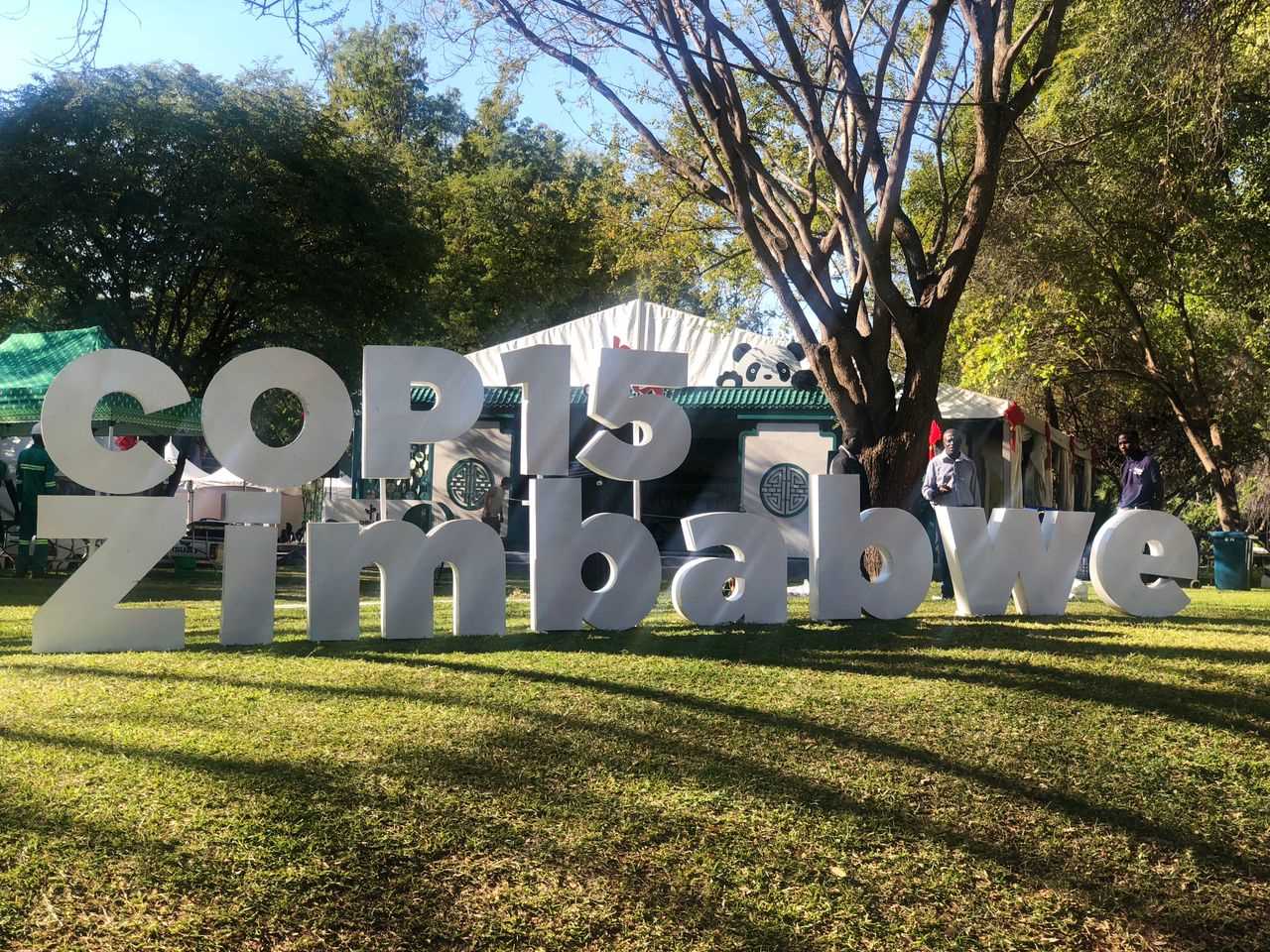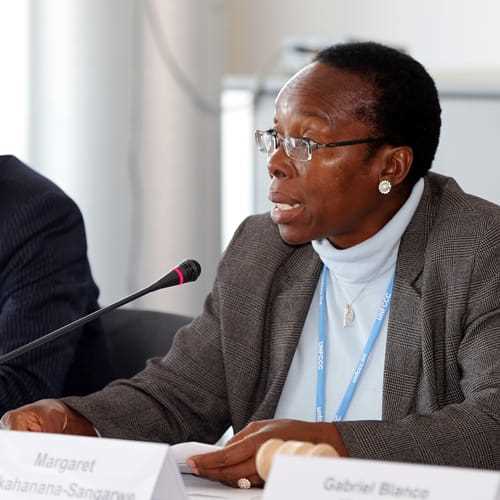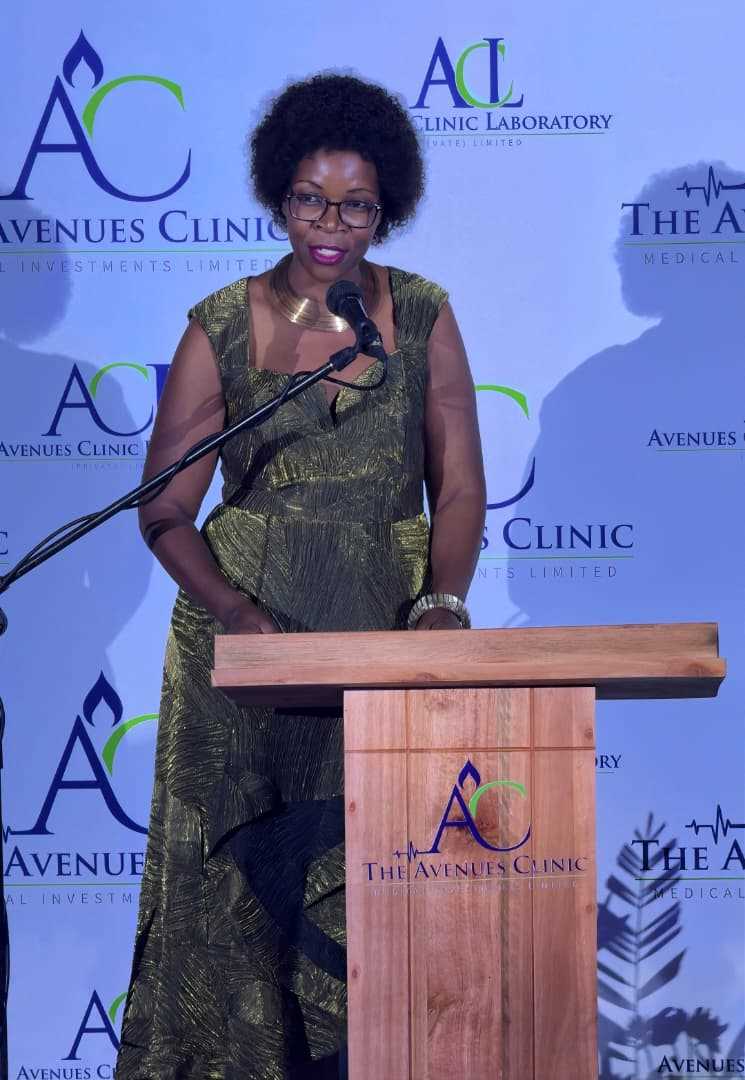
Runodada Witnesss
Zim Now Reporter
The 15th Conference of the Parties (COP15) to the Ramsar Convention on Wetlands entered its second day in Victoria Falls, with a strong emphasis on the deep cultural significance of wetlands and the indispensable role local communities play in their protection. The conference, themed "Protecting Wetlands for Our Common Future," is poised to adopt the landmark Victoria Falls Declaration, aiming to place wetland restoration at the forefront of global climate change mitigation efforts.
During the official opening ceremony, delegates heard powerful testimonies highlighting wetlands not just as crucial sources of livelihoods, but also as integral pillars of tradition and heritage. It was underscored that communities are the true custodians of these vital ecosystems, often referred to as the "lungs of the earth."
Eswatini Prime Minister, Russell Dhlamini, vividly illustrated this connection, stating, "Eswatini citizens and communities are determined to reverse the degradation and destruction of our natural heritage—wetlands that continue to deliver priceless ecosystems, goods and services. As some of you might already know, one of our biggest cultural ceremonies in Eswatini, the Reed Dance, is fully dependent on thriving reed, which grows in wetlands." He extended an invitation to all attendees to experience the annual Reed Dance Festival, held between the last week of August and the first week of September.
Related Stories
Dr. Musonda Mumba, Secretary General of the Ramsar Convention on Wetlands, echoed these sentiments, referencing the recently launched Global Wetland Outlook. "You’ve heard from Minister Ndlovu the sobering yet motivating insights that highlight why we must protect wetlands. And if there’s a region that truly understands the value of water and wetlands, it is here. In the past 43 years, we experienced some of the worst droughts in recent memory, a warning sign to our systems. We depend on wetlands for water, food, biodiversity, and even for climate regulation."
Zimbabwe's Minister of Environment, Climate and Wildlife, Dr. Evelyn Ndlovu, further amplified the critical need for community involvement. "Communities are the custodians of wetlands and their management. Any wetlands management approach that does not include indigenous and local communities is bound to fail. Member states must take the role of communities seriously and empower them through supportive policy and regulation," she asserted.
Zimbabwe's commitment to wetlands extends to its national development agenda, as articulated by Vice President Kembo Mohadi. He stated, "His Excellency [President Mnangagwa] is a true champion of the environment, both locally and internationally. Under his bold and visionary leadership, Zimbabwe has placed climate action, environmental stewardship, and wetland protection at the core of its national development agenda. Environmental governance has become a central pillar in our journey toward attaining an upper-middle-income economy by 2030."
In a significant development for the conference Zimbabwe, through its Ministry of Environment, Climate and Wildlife, has officially taken over the Presidency of COP15 from China for the next three years, signaling a renewed focus on African leadership in wetland conservation.
The conference, which commenced on Wednesday in the designated Wetland City of Victoria Falls, is expected to culminate in the adoption of the ambitious Victoria Falls Declaration, a pivotal step towards integrating wetland restoration into global climate action strategies.




















Leave Comments